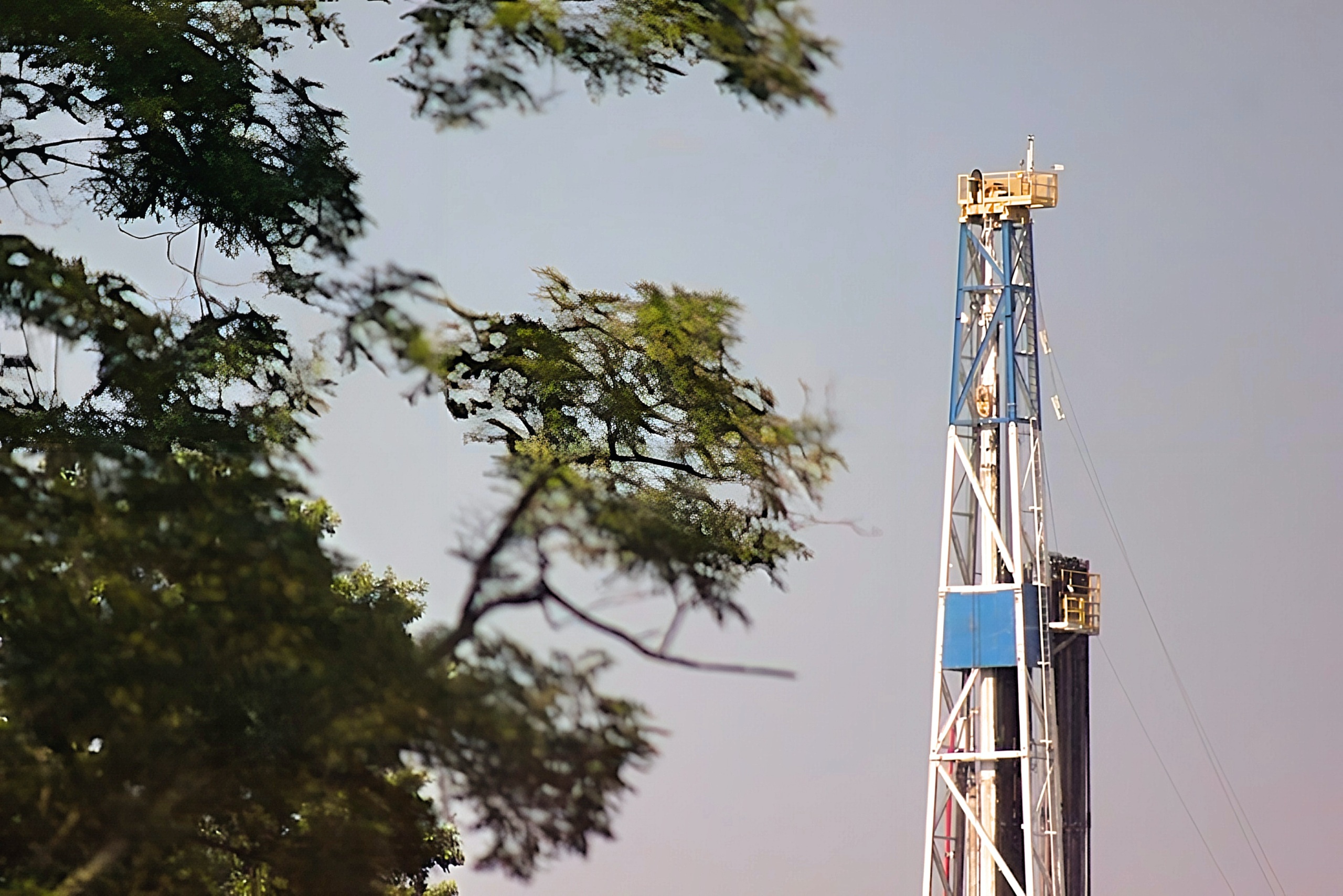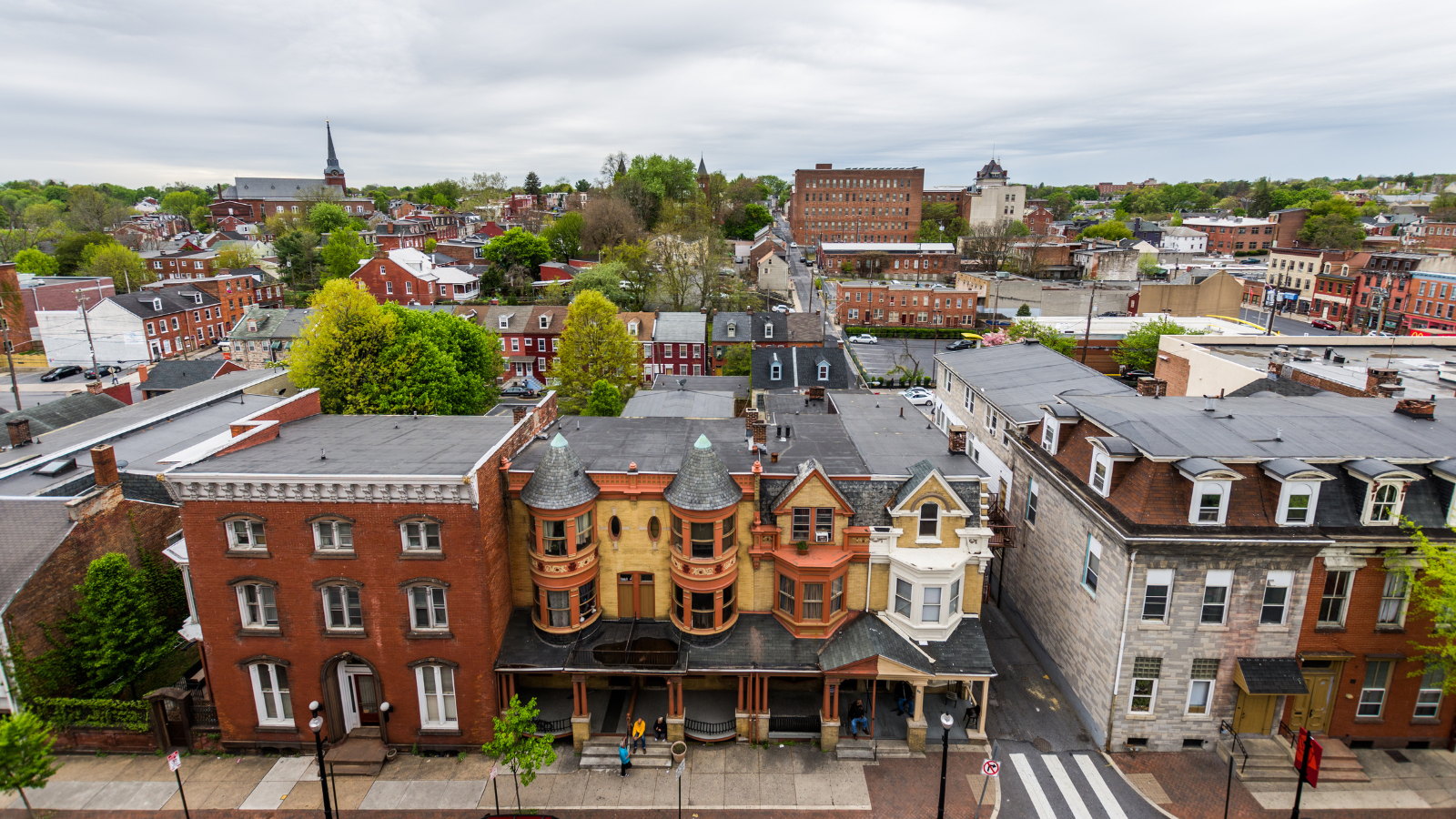
Colorado Fracking Commission Issues Weak Recommendations
Back in January when I wrote a Lay of the Land blog post on fracking, one of the upcoming important policy events I flagged was release of recommendations by Colorado’s oil and gas task force. The commission released its recommendations last week, but failed to resolve the key issues that had precipitated the commission’s formation.
Back in January when I wrote a Lay of the Land blog post on fracking, one of the upcoming important policy events I flagged was release of recommendations by Colorado’s oil and gas task force. The commission released its recommendations last week, but failed to resolve the key issues that had precipitated the commission’s formation.
The fracking boom in Colorado has brought oil and gas well drilling into neighborhoods. Citizens have sought a bigger role in well siting decisions, and want to be able to limit fracking near homes and schools. To this end, two initiatives were placed on the ballot for the November 2014 election. One measure would have allowed municipalities to ban fracking within city limits. Another would have required drilling rigs to be at least 2,000 feet from homes.
Months before the election, the oil and gas industry had spent roughly $10 million in opposition to the ballot measures and citizen groups were gearing up to fight for the proposals. Gov. Hickenlooper, hoping to avoid a damaging fight, sought a compromise in which the backers of the ballot measures would withdraw their initiatives and participate in a new oil and gas task force.
The 21-member task force considered 36 proposals but was able to agree on only nine recommendations to send to the governor. None of the proposals would allow communities to ban fracking within city limits or otherwise establish firm limits on the proximity of wells to homes and schools. Instead, several recommendations would require well operators to give greater notice to local governments about drilling plans. Specifically, one proposal would require earlier notification about specific well sites so that officials could weigh in. If the two sides can’t agree on the well location, then the dispute can go to mediation and ultimately to the state Oil and Gas Conservation Commission. Another proposal would require better information sharing so that local governments could factor oil and gas exploration into their development plans. A number of other minor proposals were made to the governor.
These weak recommendations mean that Colorado citizens who are concerned about the public health and environmental impacts of fracking still have to fight the problem well by well. They have not been given the ability to set broader standards to protect their communities. These rules favor special interests like oil and gas operators over citizens. The typical Coloradoan with a job and a family doesn’t have the time or resources to watchdog the well siting process, and argue time and again for protecting their community; oil and gas drillers have extensive resources for a well-by-well fight.
Topics
Authors
Elizabeth Ridlington
Associate Director and Senior Policy Analyst, Frontier Group
Elizabeth Ridlington is associate director and senior policy analyst with Frontier Group. She focuses primarily on global warming, toxics, health care and clean vehicles, and has written dozens of reports on these and other subjects. Elizabeth graduated with honors from Harvard with a degree in government. She joined Frontier Group in 2002. She lives in Northern California with her son.
Find Out More

Carbon dioxide removal: The right thing at the wrong time?

How to get more from state energy efficiency programs

“Certified natural gas” is not a source of clean energy

